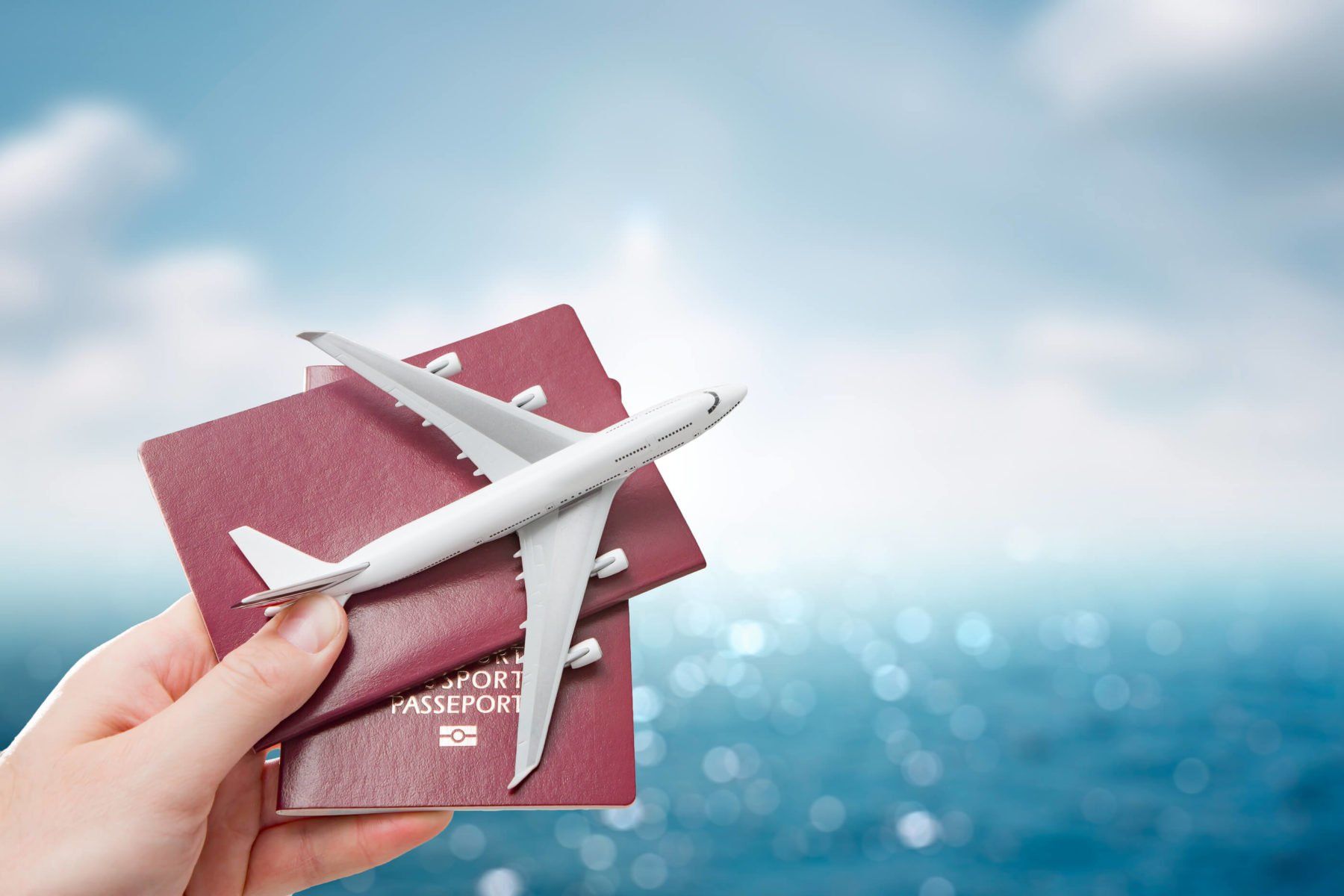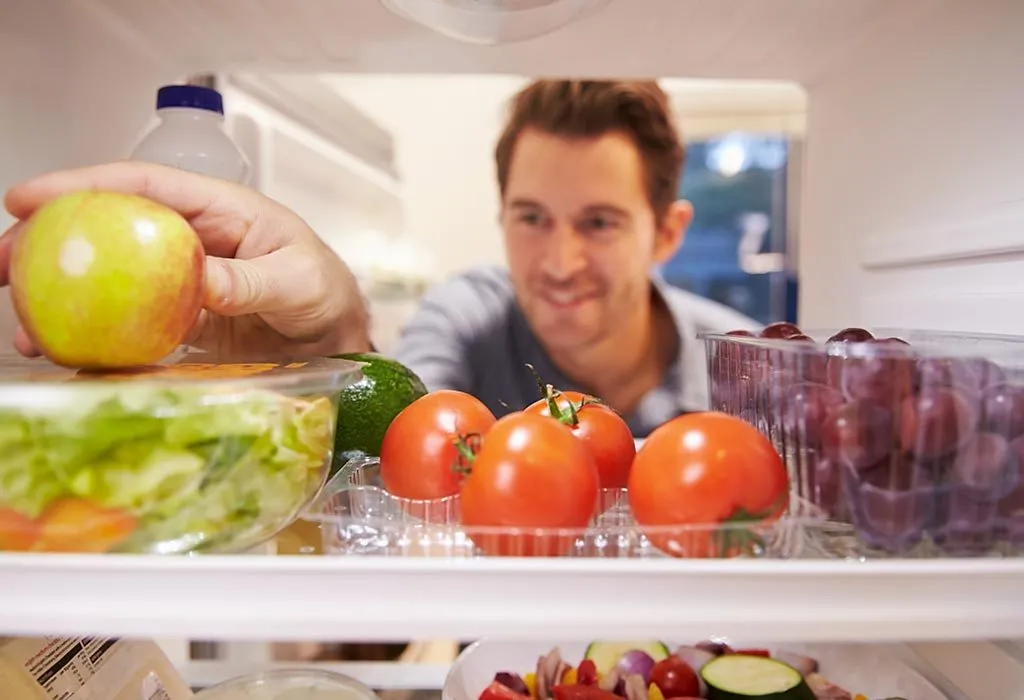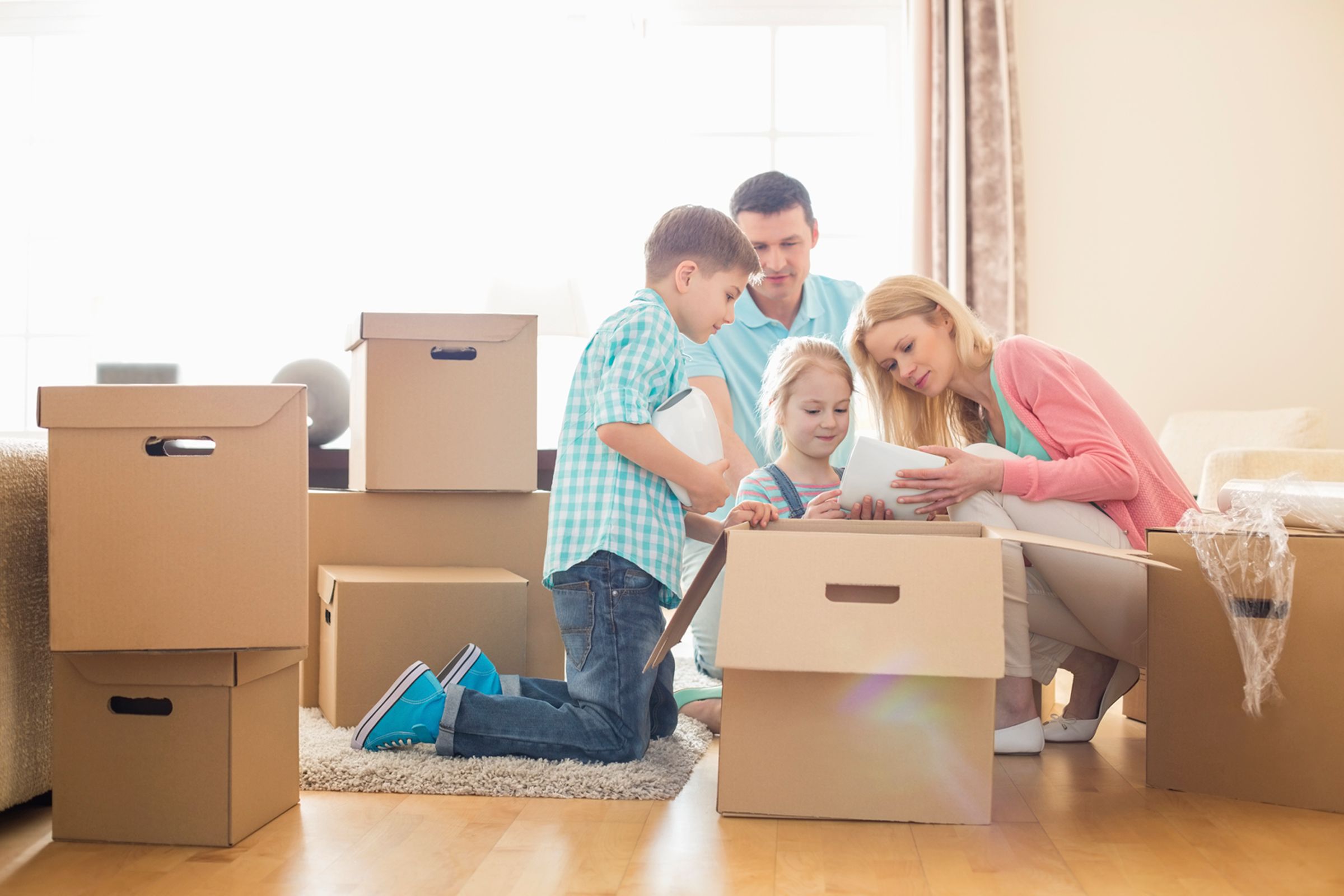Ready to Relocate? 10 Things Not to Forget When Moving
Moving to a new home is like starting an adventure—it's exciting but can also make you feel a bit nervous. There is much to consider: packing your things, ensuring they all get to the new place safely, and setting everything up again. It's like packing for a long trip, but with your whole house!
Making your move go smoothly requires preparation. Imagine you're going on a camping trip. You wouldn't just throw everything into your backpack at the last minute. You'd make a list, pack carefully, and double-check that you needed everything. Moving is similar. Having a good plan and knowing what to pack first can turn a chaotic moving day into an organized, step-by-step adventure.
That's where Trusted10.io comes in. Think of it as your moving buddy, offering tips and tricks to pack like a pro, reminders for the big day, and a handy moving checklist to ensure nothing gets left behind. And guess what? We have a list of 10 essential things you should remember when moving. So, are you ready to find out what they are? Let's dive in and turn your moving day into an easy, exciting step towards your new home!
#1 Important Documents
Moving means many things to remember, but remember your important papers, such as your ID, birth certificate, and other unique papers. These papers are extremely important because they prove who you are and assist you in signing up for school or getting electricity in your new home. If these papers get lost, it can cause significant problems, like someone else pretending to be you or being unable to do essential things quickly.
Practical Tips
- Gather all your important papers: Find all your special papers, such as your ID, passport, and other important ones, and put them together.
- Keep them safe: Put your papers in a safe place that won't get wet or damaged, like a special folder that you can easily take with you.
- Make copies: To make copies of your papers, use a scanner or take pictures with a phone. Store them securely online to ensure you always have them, even if the originals disappear.
- Carry them with you: When you move, keep these papers in a bag that stays with you so you know where they are.
- Tell people your new address: Before you move, let your bank and other vital places know you're moving so they can send you important mail to your new home.
Common Mistakes to Avoid
- Don't pack them away: Don't pack your essential papers in a box and send them with the moving truck. You might lose them, or you might need them.
- Remember to make copies: Always have a second set of your papers saved somewhere safe, like online, just in case.
- Keep them close: Don't pack your essential papers in a suitcase that goes in the moving truck. If you need them quickly, you should have them close by.
- Remember to tell everyone your new address: Make sure to tell places like your bank your new address, or else you might miss important mail.
- Know they're essential: These papers are important for many things, so keep them safe and know where they are when you move.
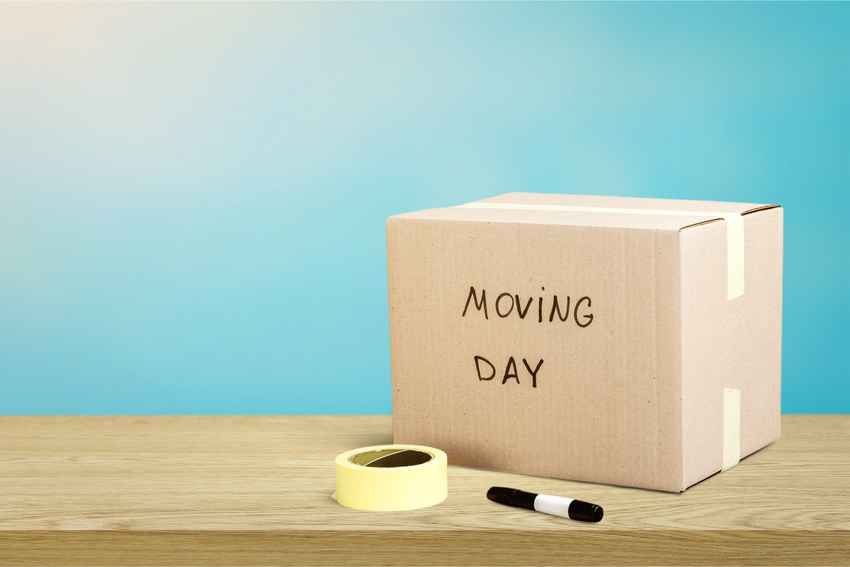
#2 Medicines
When caught up in the hustle and bustle of moving, it's easy to forget small but crucial things like medicines. These aren't just items to check off your list; they're essential to your health and well-being. Mainly, if you rely on medication daily, forgetting it could lead to unnecessary health risks or emergencies. Remember, your health should always take priority, even in the chaos of packing and moving. Ensuring you have your medications handy means one less thing to worry about as you transition to your new home.
Practical Tips
- List your medications: To ensure you don't forget anything, write down every medication you take, including vitamins and supplements.
- Dedicated packing spot: Pack your medications in a specific, easily accessible bag or container. This way, you know exactly where they are when you need them.
- Stock up: Ensure you have enough of each medication to cover the moving period and a few extra days after in case of delays.
- Original containers are essential: Keep medications in their original bottles or packages. This helps with identification and ensures you have handy dosage instructions and expiration dates.
- Check expiration dates: Before packing, check the expiration dates on all medications. Dispose of any that are outdated, and arrange for replacements if necessary.
- Temperature-sensitive medications: If any medications need to be kept cool, plan how to transport them. An insulated bag with ice packs can work well.
Common Mistakes to Avoid
- Leaving them behind: The most obvious but common mistake is forgetting to pack your medications. Always double-check before you go.
- Packing them away: Don't pack your medications in boxes that will go in the moving truck. They should stay with you for easy access.
- Running low: Don't assume you can easily refill your prescriptions immediately after moving. Be prepared, as delays can occur.
- Ignoring expiration dates: Using expired medication can be dangerous. Before moving, always check and replace them if needed.
- Mixing them up: Avoid transferring medications to smaller containers or baggies. Keeping them in their original packaging helps avoid confusion and ensures you have the necessary information.
#3 Valuable Items
Remembering your unique stuff when you're moving is super important. These are things like your favorite necklace, a fantastic electronic gadget, or even a painting that makes you smile. These items may be worth a lot of money or are vital because they remind you of good times. Losing or breaking these unique items during the move could cause sadness or problems. So, keeping them safe when moving to a new place is a big deal.
Practical Tips
- Write down what you have: Before putting things in boxes, list all the unique items you want to keep safe.
- Keep them with you: If you can, put these special items in a bag or box you'll carry. This way, they will stay aware of all the other stuff.
- Think about insurance: If you have something really expensive or super important, you might want to get insurance for it. This is like a safety net in case something goes wrong.
- Take pictures: Before you pack them up, take photos of your special items. This way, you can remember what they look like and ensure they stay the same when you move.
- Use their original boxes: If your special item came in a special box when you bought it, try using the same box to move it. The purpose of those boxes is to ensure the safety of your items.
Common Mistakes to Avoid
- Forgetting to list them: Remember to make a list of your special items. With a list, you might remember something.
- Mixing them up: Don't pack your unique stuff with other things, like clothes or books. They should have their particular spot.
- Not getting insurance: Remember to get insurance, or else you might regret it if something expensive gets lost or broken.
- Skipping the photos: If you take pictures of your items before you move, you will have something to show how they looked before in case they change.
- Not using the right boxes: Remember, the original boxes are the best for keeping things safe, so try to use them if you can.
#4 Library Books
When you're getting ready to move, it's easy to forget about the library books you have at home. However, it's critical to remember to take them back to the library. If you fail, you'll have to pay extra money for being late or be unable to borrow more books later. Plus, taking books back means other people can read them, too. It's a small thing that can save you headaches later and keep things nice at your local library.
Practical Tips
- Look for library books: Take some time to look around your home for any library books. It helps to write down which ones you need to return.
- Take them back early: Try to return your library books a few days before you move. This way, you won't be in a rush at the last minute.
- Talk to the library: If you need help, go to the library yourself, call them, or check their website. They might have a book drop-off spot or let you mail the books back.
- Remember e-books: If you borrowed e-books or audiobooks, make sure you've returned them or downloaded them to listen to offline.
- Ask for a receipt: It's a good idea to get a receipt when you take books back. This is proof that you returned the books.
Common Mistakes to Avoid
- Not looking for books: Remember to check for library books. It's easy to do when you're busy packing.
- Leaving books behind: Double-check to ensure that you don't leave any library books behind. Look on all your bookshelves and in other spots where books might hide.
- Not watching due dates: Check your library books' due dates. To avoid late fees, it's best to return them before you move in.
- Thinking you can return them later: Don't wait until after you've moved to return books. It's best to do it before you leave.
- Not telling the library: If you can't return books in person, inform the library beforehand. They can help you figure out what to do.
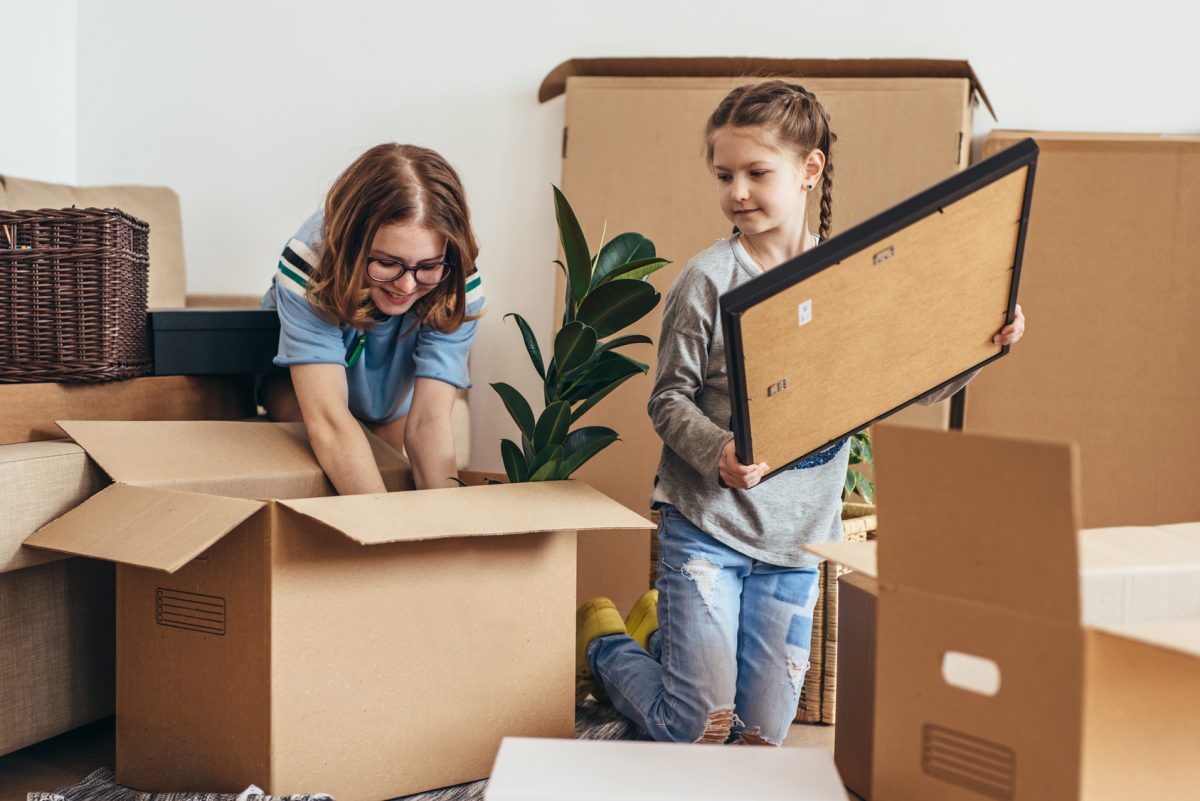
#5 Dry Cleaning
As you pack up your life and prepare for a new adventure, it's easy for some things to slip through the cracks. Dry cleaning might not be at the top of your mind, but it's more important than you think. Those clothes you've dropped off — maybe your best suit, a favorite dress, or a cozy winter coat — are not just fabric; they're investments, memories, and essentials for life's big moments. Forgetting them could mean losing valuable pieces of your wardrobe, not to mention the inconvenience of not having them when you need them most in your new home. Therefore, make sure your dry cleaning is ready before you depart.
Practical Tips
- List your items: Start by noting what you've sent out for dry cleaning. This will maintain your organization and guarantee that you remember everything.
- Early pick-up: Aim to collect your dry cleaning well before your move. This will avoid any last-minute stress and ensure your clothes are ready to go.
- Double-check: Make sure all your items are present when you collect your dry cleaning. It's easy to miss something in the shuffle.
- Careful transport: Use garment bags or a wardrobe box to protect your dry-cleaned clothes from wrinkles and damage during the move.
- Designated spot: Once in your new place, have a specific spot to hang your dry-cleaned items. This keeps them in perfect condition and easy to find.
Common Mistakes to Avoid
- Overlooking dry cleaning: It's easy to forget about dry cleaning when packing boxes. Make it a point to remember these items.
- Rushing at the at the last minute: Waiting until the day before you move to collect your dry cleaning can lead to stress and mistakes.
- Ignoring pick-up dates: Track when your items are ready and pick them up to avoid extra fees or losing your clothes.
- Not transporting properly: Folding or stuffing dry-cleaned clothes into boxes can ruin them. Transport them as they are meant to be kept — hung and protected.
- Improper storage: Once you arrive at your new home, don't just throw your dry-cleaned items in a pile. Hang them up right away to keep them in ready-to-wear condition.
#6 Bathroom Appliances
Among the myriad details to consider during a move, bathroom appliances are not the most pressing. Yet, these items are staples of our daily routines, crucial to our comfort and hygiene. From the humble plunger to the essential shower curtain, each item ensures that your new bathroom is ready for use upon arrival. You must remember these to avoid unnecessary hassles that disrupt the smooth transition into your new home. Keeping your bathroom fully equipped is a significant part of making your new place livable from day one.
Practical Tips
- Inventory your items: List all the bathroom appliances you must bring along. This might include your hairdryer, straightener, electric toothbrush, and more.
- Dedicated packing: Allocate a specific box for bathroom items and label it clearly. This organization will save you a lot of time and trouble when unpacking.
- Accessibility is vital: Pack these items so they're easily reachable. You'll likely need some of them when you arrive at your new home.
- Handle with care: Wrap fragile items like your mirror or glass containers in bubble wrap or towels to protect them during the move.
- Double-check your list: Once settling into your new space, go through your list to ensure all your bathroom appliances made the trip safely.
Common Mistakes to Avoid
- Skip the inventory: Make a detailed list of your bathroom appliances. This simple step can prevent you from leaving something behind.
- Packing without a plan: Throwing all your bathroom items into a box without thought can damage them and make unpacking a nightmare. Take the time to organize and package them properly.
- Burying the essentials: It's frustrating to need a shower curtain and not be able to find it. Pack your essentials so they're easy to access when you arrive.
- Ignoring fragile items: Failing to protect fragile items properly can lead to breakages. When packing, give them the care and attention they deserve.
- Forgetting to verify: It's easy to become overwhelmed by the chaos after moving in and neglect to confirm the presence of all your bathroom appliances. Take a moment to ensure everything has arrived safely.
#7 Phonebooks and Address Books
Even though we use our phones for almost everything now, those old phonebooks and address books are still handy. When you're moving, it's important to remember to take them with you. They have phone numbers and addresses you might need for friends or places you like to go. Sometimes, when the internet isn't working or your phone is packed away, having a book with all this information can help.
Practical Tips
- Find all your books: Look around your house for phonebooks and small books in which you've written down phone numbers and addresses.
- Keep them safe: Store these books in a special box or bag that you always carry with you.
- Make the box stand out: If you put them in a box, write a big note on it that says "Phonebooks and Address Books" so you can easily find them.
- Put them with important stuff: It's a good idea to keep these books with other vital things you're moving, like important papers or your ID.
- Check if they're up-to-date: Before you move, take a little time to make sure the phone numbers and addresses in your books are still correct.
Common Mistakes to Avoid
- Forget about them: Make sure to pack your phonebooks and address books. Make sure you look for them when you're getting ready to move.
- Mixing them up: Put your phonebooks and address books in a box apart from other things that might hide them, like clothes or kitchen stuff.
- Not marking the box: If you put them in a box, remember to write on it so you know what's inside.
- Not updating them: Before you leave, make sure the information in your books is correct. You don't want to call the wrong number when you need help.
- Losing them on the move: Keep your phonebooks and address books where you can easily access them, so you won't have to search when you need a phone number or address right away.
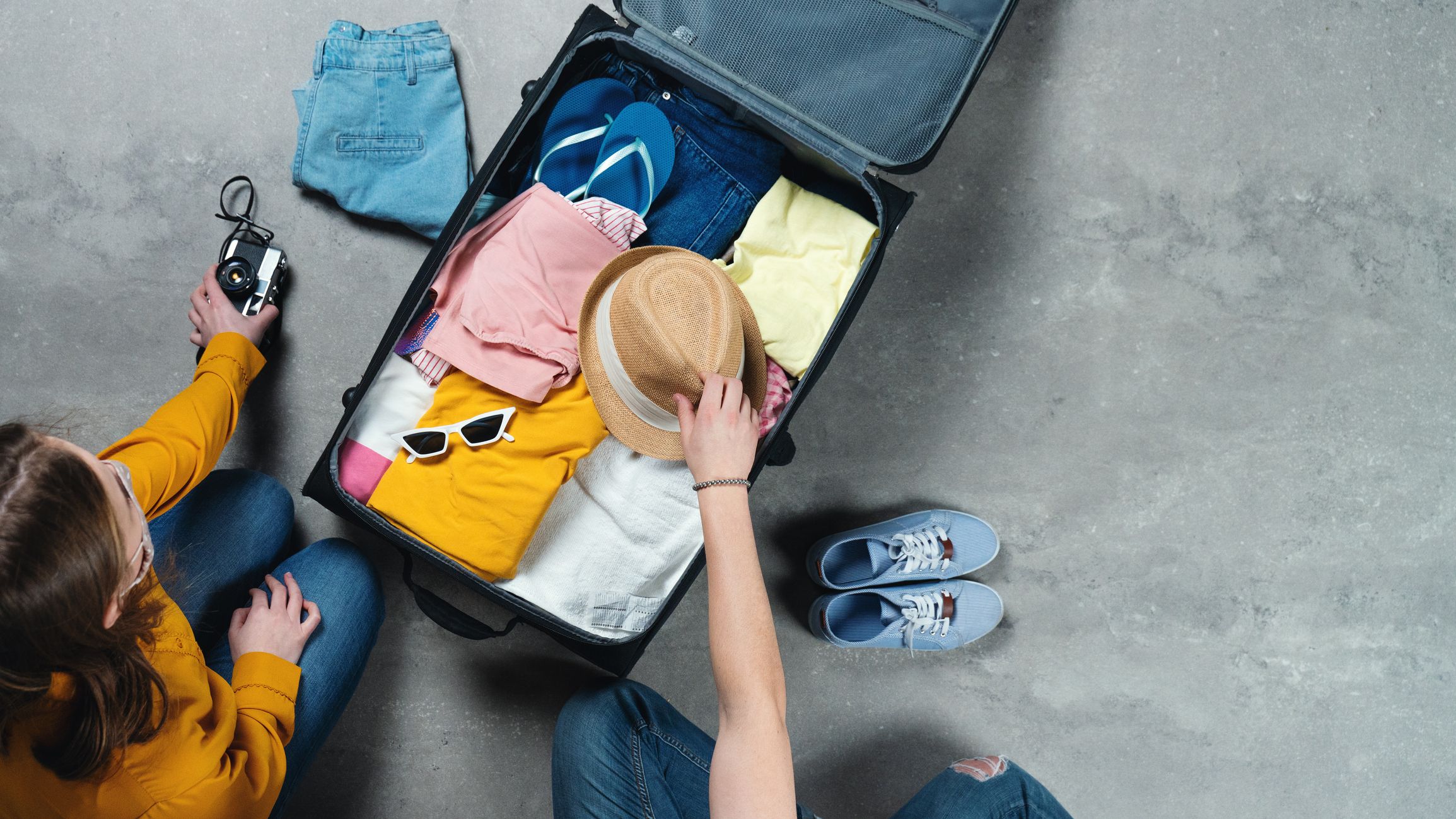
#8 Keys
When packing up for a big move, forgetting about small but important things like keys is easy. Keys open the doors to your new home, start your car, and keep your things safe. If you need to remember them, you could end up stuck outside your new place or unable to drive your vehicle when needed. That's why it's super important to keep track of all your keys during the move. This way, you can get into your new home without hiccups.
Practical Tips
- Make a key list: Write down all of the keys you need to take with you, such as your house and car keys, as well as any other important ones.
- Keep keys together: To avoid losing any, put all your keys on one key ring or in a particular key pouch.
- Secure your packing spot: Put your keys in a safe place where you can easily find them, such as in your purse or a special pocket in your moving bag.
- Make extra keys: Before you move, it's a good idea to make an additional set of essential keys.
- Carry keys with you: Always keep them with you during the move so you know exactly where they are.
Common Mistakes to Avoid
- Forgetting to collect all keys: Check everywhere for keys before you leave so you stay caught up.
- Mixing keys with other stuff: Don't throw your keys in a box or bag with many different things. They might get lost.
- Not marking your keys: If you have a bunch of keys, put tags on them so you know what each key is for.
- Leaving keys lying around: Always keep them in a safe spot, especially when you're moving, so they don't get lost or stolen.
- Not having spare keys: Ensure you have an additional set of necessary keys to prevent lockouts in the event of a loss.
#9 Household Plants
Your household plants are more than just pretty decorations. They help clean the air in your home and bring a bit of nature indoors, making your space feel more alive and welcoming. Some plants may also have sentimental value, such as a cutting from a friend or one you've nurtured for years. When you're moving, it's crucial to remember your green friends. With proper care during the move, you could retain these valuable and sometimes irreplaceable parts of your home.
Practical Tips
- Get your plants ready: Give your plants a good trim a few days before the move. This will make it easier for them to move and help them stay healthy.
- Pick the suitable pots: Move your plants into sturdy containers that won't break during the move. Make sure the pots have good drainage.
- Wrap them up: Gently wrap your plants with a protective material, like bubble wrap, especially if they have delicate parts.
- Keep them cool: When moving, keep your plants in a spot that won't get too hot or cold. The backseat of your car is usually a good place.
- Settle them in: Once you're in your new home, put your plants in their new spots and give them plenty of water to help them get used to the new space.
Common Mistakes to Avoid
- Do not water your plants before moving: Make sure your plants are well-watered before you start driving. This helps them stay hydrated and healthy.
- Putting them all together: Packing only a few plants into one box or bag. They need space, so their leaves and stems don't get damaged.
- Leaving them in the car: Extreme heat or cold in your vehicle can harm your plants. Don't leave them in the trunk or parked car for a long time.
- Ignoring them after the move: After you move, take some time to care for your plants. They might need extra attention as they adjust to their new home.
- Using the trunk: Your car's trunk can get very hot or cold, making it unsuitable for your plants. Instead, try to keep them in the passenger area with you.
#10 Toilet Paper
It might seem funny, but toilet paper is one of those things you want to remember when you're moving. Imagine getting to your new place; everything's in boxes, and you realize you forgot the toilet paper. It's small, but it's essential for comfort and hygiene from day one in your new home. Toilet paper is one of those basics you might only think about once you need it, so making sure you have it handy during your move can save you from awkward or uncomfortable situations.
Practical Tips
- Pack a good supply: Pack enough toilet paper to last at least the first few days after you move in, before everything is unpacked.
- Keep it handy: Put some toilet paper where you can quickly access it, such as a backpack or a marked box.
- Use a strong bag or box: Pack your toilet paper in something sturdy so it doesn't get squished or dirty during the move.
- Think about the planet: Choose toilet paper that's good for the environment, like one made from recycled materials.
- Remember to buy more: Once you're settled in your new place, one of the first things you should do is buy more toilet paper so you stay put.
Common Mistakes to Avoid
- Leaving it behind: The most obvious mistake is forgetting to pack toilet paper. Make sure it's on your moving checklist.
- Packing it in a weak container: Don't pack your toilet paper in a bag or box that might tear or get crushed. You want it to be in good shape when you need it.
- Need to pack more: It's better to have less toilet paper than not enough, especially in the first few days when you're busy unpacking.
- Burying it in a box: Don't pack your toilet paper at the bottom of a box where it's hard to find. Keep it somewhere you can quickly grab.
- Forgetting to restock: Once you move in, buying more toilet paper might not be the first thing on your mind, but you want to stay put. Make sure to add it to your shopping list.
Conclusion
As we finish our list of essential things to remember when moving, let's remember why it's important to be ready and organized. Moving to a new place can be a big job, but using our checklist can make it much more manageable. Ensure you remember things like your keys, toilet paper, and plants, which will help you start right in your new home. It's all about making your move as easy as possible.
Moving is about more than just going to a new place. It's a chance to start fresh and have fun adventures. Thinking about all the latest things you'll see and do is exciting. So, even though packing and remembering everything might seem like a lot, think about all the good times ahead.
And remember, if you need help or more tips for your move, you can always check out trusted10.io. We have lots of good advice and resources to help you move. We can make your moving journey smoother so you can enjoy starting this new chapter of your life.

